One of the hardest things to get used to was the feeling of being so exposed. With the exception of our bedroom everywhere else was public space. Our bedroom was shared also, we all slept in the same room, me and my husband and my 11yo son. It was impossible to have a private argument/disagreement with my husband. I found it extremely difficult to keep my sons behaviour in check. I felt like I was being watched everywhere I went.
The kitchen was communal, each bathroom was shared between 4 families, the lounge, the backyard, the laundry, the clothesline, the dining room, everywhere I went, I felt that I was on display. Even in the bathroom with the door locked while under the shower, it was always on my mind, "don't be too long, someone else might need the toilet or the shower" and there was the constant battle in my mind of "is it better to keep my toiletries in the bathroom cupboard and risk them being stolen or is it better to take them to my room and risk forgetting to bring something every time".
We had a family who were of the Muslim faith on our floor and we shared a bathroom with them for about 7weeks. It took me ages to work out why the bathroom floor and the toilet seat was always so wet, with wet towels lying on the floor. I am always very suspicious about wet toilet floors and seats (it comes from having boys). Its natural to wonder "what kind of wet is that". Anyway there are strict washing procedures that must be followed before prayer and that is what makes the mess. There must be huge business opportunities in bathroom renovations for these families. Also the smells that would accumulate in the bathrooms were foul. There was one or two disposable nappy disposal units in each bathroom. In the middle of summer they became disgusting quite quickly. I hated sharing bathrooms.
One of the things that I missed so badly was the companionship. There was always someone to talk to, usually even 24 hours a day. Not that I was allowed to talk 24hrs a day. There were rules for talking after 10pm, so as not to wake people up. But people just got it. They got the anxiety, and how much I wanted to be at home and they always asked our time frame, when could we go home. There were many stories to hear too. A family had been bringing their daughter yearly to the hospital for 4 years, she had been born with half a heart and had many many surgical procedures to help her grow. A one year old baby girl who received a liver transplant had spent more than half her life in hospital in a different state to home. A little boy with a brain tumor going through treatment and losing hair getting thin, being sick and weak, taking a pharmacy of medicine everyday.
There were all sorts of good companies that organised it so their employees had some time to volunteer in the community by supplying meals to the families living in the house. I had quite a few meals courtesy of a bank and an insurance company and Rotary Club. It really was great to know that a meal was not one of the things that I had to worry about on that night.
It was so good to be able to pop into the hospital "whenever". The house was just across the road and through the car park, then through the Emergency department, then down 2 corridors, up the lifts, and down another corridor. It was about a 5-6minute trip to get from the house to the bedside. Sometimes it felt like it was a hundred miles away though. The house rules meant that I was not allowed to leave my 11yo at the house unattended by me or my husband, even if he was asleep in bed, or watching TV in the afternoon, while I popped over to the hospital to check on my baby. Understandably my 11yo didn't want to sit at the bedside for more than 5 minutes, so sometimes it was impossible to get across the road and through the car park, etc, etc. As soon as he went to school and I had done my milk I could go over and spend the day there at least. Some days I would go back and forth 4 or 5 times. There was a lot of walking. I had very sore feet.
One of the big "up sides" was no housework. The housekeeper kept things running, she had lots of help from volunteer staff and there were contract cleaners who cleaned bathrooms and vacuumed floors every weekday. The housekeeper would keep the laundry powder supply flowing, be the supplier of chocolate (we all know that chocolate fixes everything) get to know the families, and be a sympathetic ear when needed, she would get tough when required too. We had to take responsibility for keeping our room tidy and cleaning up after ourselves in the kitchen of course. Some days I barely coped with that.
The down sides were many. Mostly it was the people who went too far. There were a few families that felt that life had dealt them a lucky break, they had received a lovely holiday at the Governments expense and they would invite their friends and extended families to stay with them. Often they would have a few small children who were mostly unattended and not usually fed. These families would party in the backyard, getting drunk, one family even had their car backed up with the boot open and the stereo blaring. The whole time one of their children ate everything he could lay his hands on in the fridge. There were rules for this behaviour too, it was definitely not allowed but the truth was it was very hard to stop, especially if it happened when management are not on site, in the end there were surveillance cameras installed. One family smoked dope in their room, it stunk out our whole floor. One parents idea of discipline was to simply shout their child's name loudly over and over. It really began to grate on my nerves quickly. One parent just lived for gossip and she seemed to have a watertight memory for any detail. She even remembered things about me that I had forgotten. There was the pregnant mother with a child in a pram and one in the hospital, she smoked and drank. The mum who went to the night clubs in the city while her child was on the ward receiving Leukemia treatment. It was a melting pot and the pressure triggered the best of humankind and the worst of society.
The kitchen and how people fed themselves was very interesting. People swapped recipes or ideas. Sometimes a "Please eat" offering would appear on the bench, a chocolate cake or sweet treat that was cooked to fill in the empty hours. Occasionally a better meal was being cooked right next to me, often it was a worse one. Some families never ate before 8pm, other families had children on cancer treatments and their appetite was extremely fickle and weak. Sometimes I would find a mum cooking chicken drumsticks at 11pm because their little one thought that would be the only thing that they could eat that day. The family of the Muslim faith had some interesting kitchen habits. Their religion even required them to avoid using any cooking implements plates or cutlery that might have been in contact with non-halal meat. They used only disposable paper plates and plastic knives and forks, they had disposable aluminium baking dishes and plates and they bought their own coffee mugs. It seemed pretty complicated to me.
The rules really ruled our lives. No TV in any room after 10pm. No talking after 10pm. No drinking unless it was at the evening meal and accompanied food. No unattended children. Sign the book when you leave and when you come back. Never leave the doors unlocked. Don't use the washing machines or dryers after 10pm. No smoking in the rooms, no burning of any item including candles. Wash your dishes and put them away. Label all food in the communal fridge with your name, date and room number. When vacating your room vacuum and wash the floor, wash the doona covers and replace them, put new linen on the beds, wipe out the cupboards and the little fridge in your room, put new supplies of towels and face washers in the room, put new rubbish bin liners in the bins, put the bedspreads on the beds. Hand in the keys.

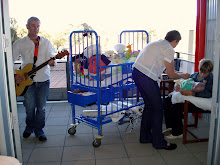


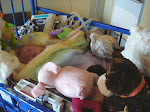
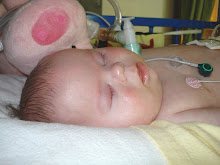





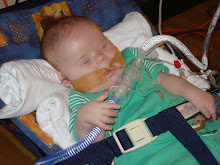
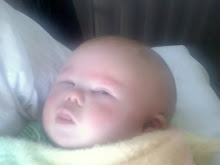
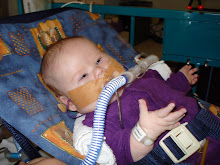
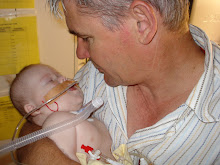
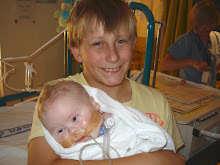

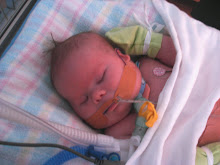
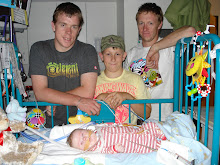
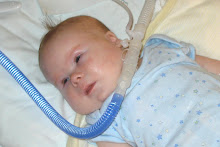
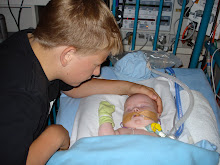

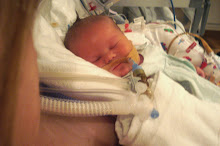
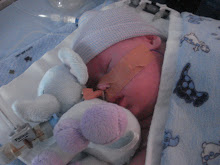
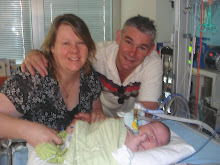



No comments:
Post a Comment